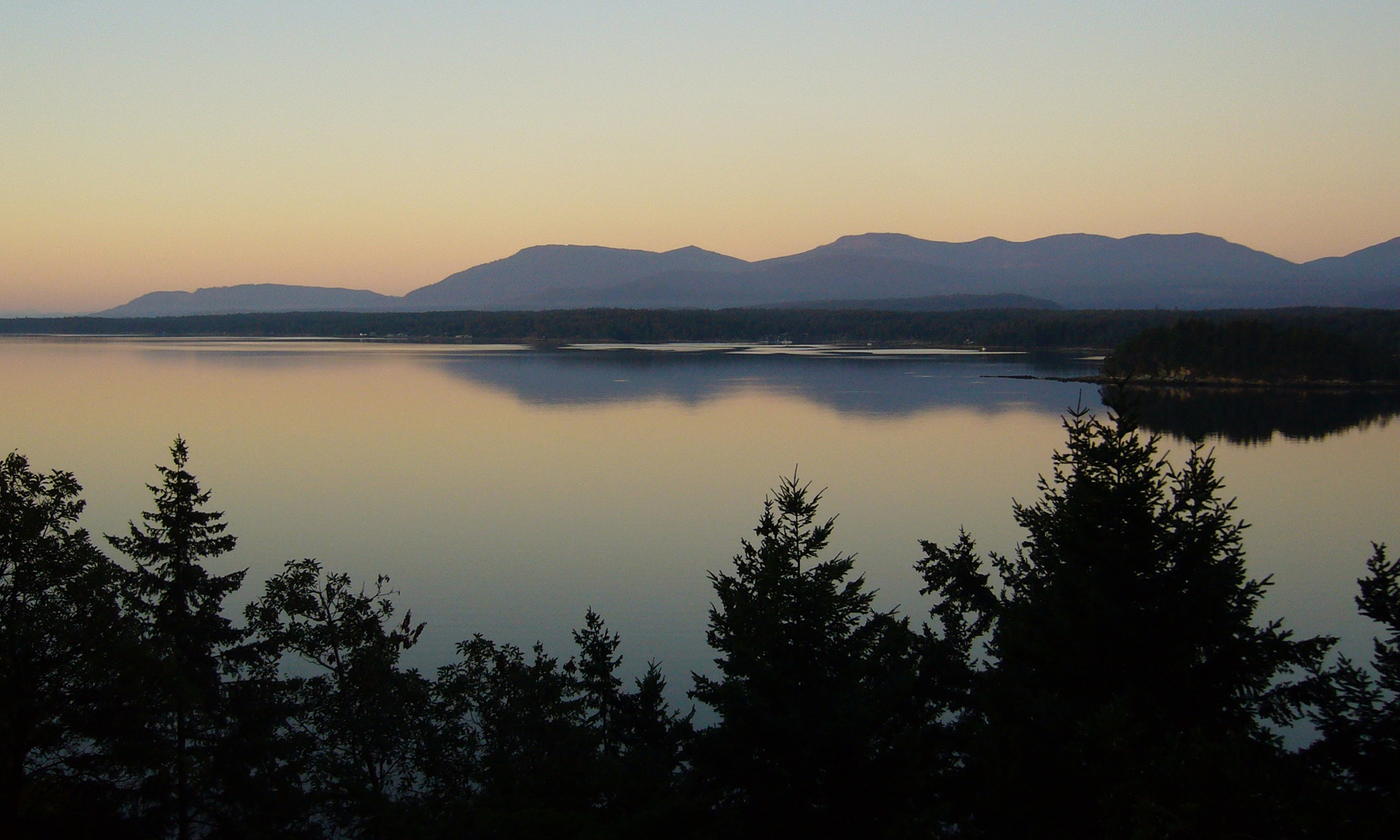- Maximize financial return on natural capital investments
- Minimize political and financial risk
- Access information to better understand and avert risk
- Secure benefits from conservation management
What We Do
Due Diligence and Risk Management
Natural resource management often sparks controversy and conflict. Indeed, the roots of many wars both past and present can be traced to struggles for control of natural resources. Compliance with national and international environmental and human rights regulations combined with effective monitoring and due diligence has never been more important.
As globalization accelerates, investors and managers must effectively manage risk to maintain social license to operate and optimize production. Successful businesses benefit from improved relations and more sustainable operations, providing a significant competitive advantage.
Governance and reform
Strong institutions that appropriately regulate natural capital are critical.
Well-managed institutions improve the investment climate and provide means to mediate disputes between stakeholders. Reforming such institutions, while installing and developing checks and balances in the regulatory system, can yield valuable, if not essential, benefits for all stakeholders.
Biodiversity Offsets
Mitigating impacts on the environment is a fundamental component of ecological risk management.
We provide one tool to deal with unavoidable impacts: biodiversity offsets, wherein conservation projects are established to compensate for impacts, so your operation has no overall negative effect on biodiversity.
Project design and evaluation
International aid and philanthropic organizations provide critical funding for the management of natural capital. Effective investments require planning and comprehensive, independent monitoring and evaluation. We help you plan such investments using best practices from around the world while evaluating project success to help your organization continuously improve return on investment.
Who We Are
Arthur G. Blundell, Ph.D.
Partner
Art has focused on the intersection of violent conflict and natural resource management. He is the former chair of the inspections monitoring panel on Liberia for the UN Security Council. Art collaborated with the UN Special Representative to the Secretary General on Business and Human Rights.
Currently Art is working with Forest Trends on forest governance and peace-building in Myanmar. Formerly, he helped the European Commission to negotiate a trade agreement with Liberia to license legal timber exports. Art has also worked with the US Agency for International Development combating illegal logging, for the US Environmental Protection Agency on eco-risk assessment, and for the Africa Development Bank on the Extractive Industries Transparency Initiative.
His work has been covered by the New York Times, BBC, NPR, Nature magazine, and Foreign Policy, among others. Art has a BSc in Zoology from the University of British Columbia, a PhD in biology from Dartmouth College, and has taught at Middlebury College in Vermont.
Emily E. Harwell, Ph.D.
Partner
Emily has over 25 years of experience in the social aspects of natural resource management and policy. Emily’s particular interest is in the social and political conflicts that arise from natural resource extraction. She has worked with human rights organizations, corporations and international financial institutions toward corporate responsibility with respect to the environment and human rights. She worked with truth and reconciliation commissions in East Timor, Liberia, and the Southeast United States on human rights investigations and peace building initiatives, with particular emphasis on the role of natural resources in conflicts and peace-building. She also has collaborated with the UN Special Representative to the Secretary General on Business and Human Rights, and with Profor of the World Bank.
Emily earned her Doctorate from the Yale University School of Forestry and Environmental Studies and her Bachelors of Science in Botany from the University of the South.

